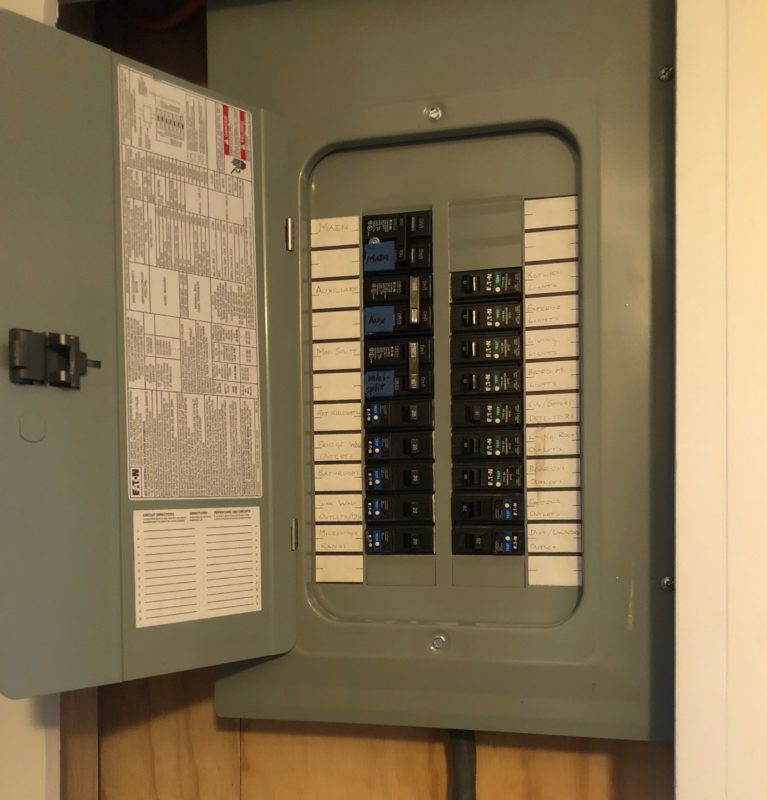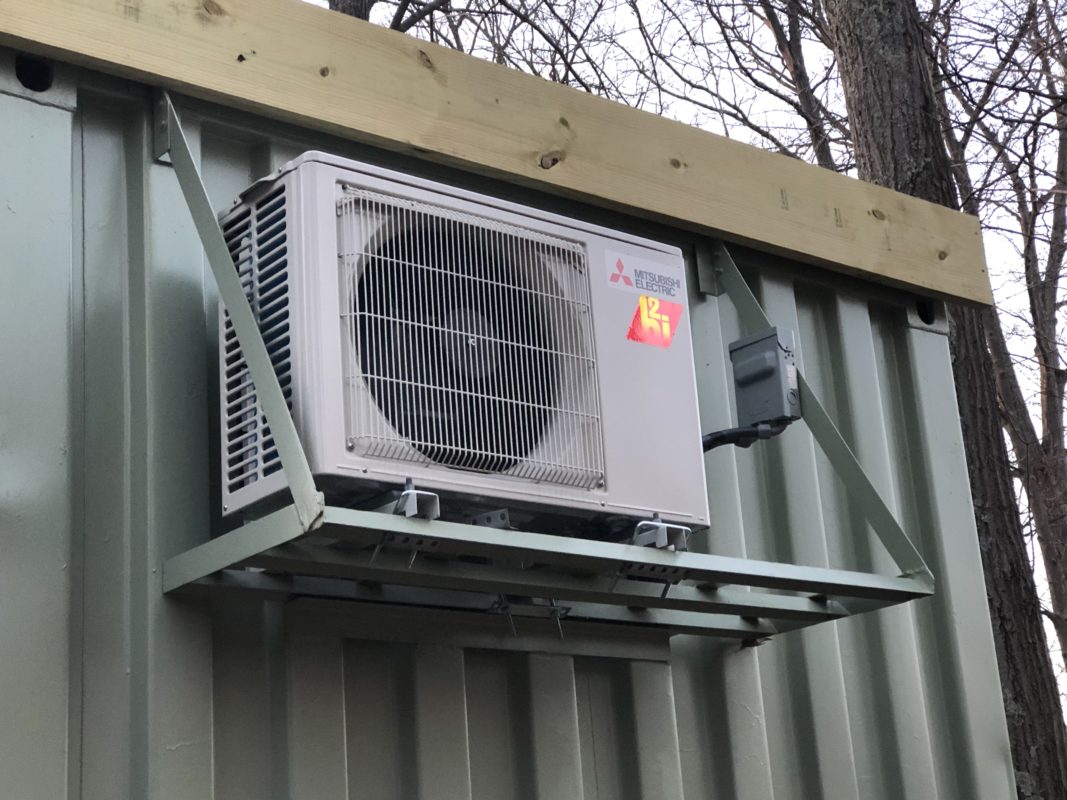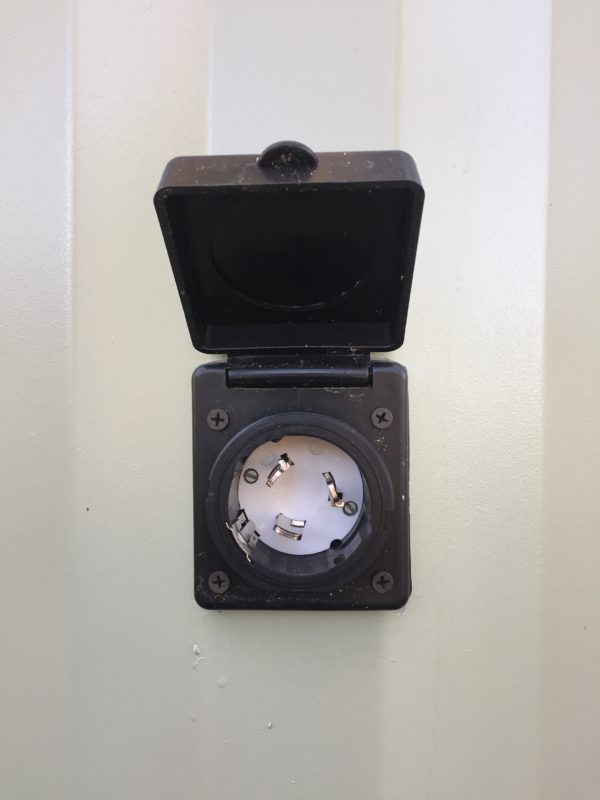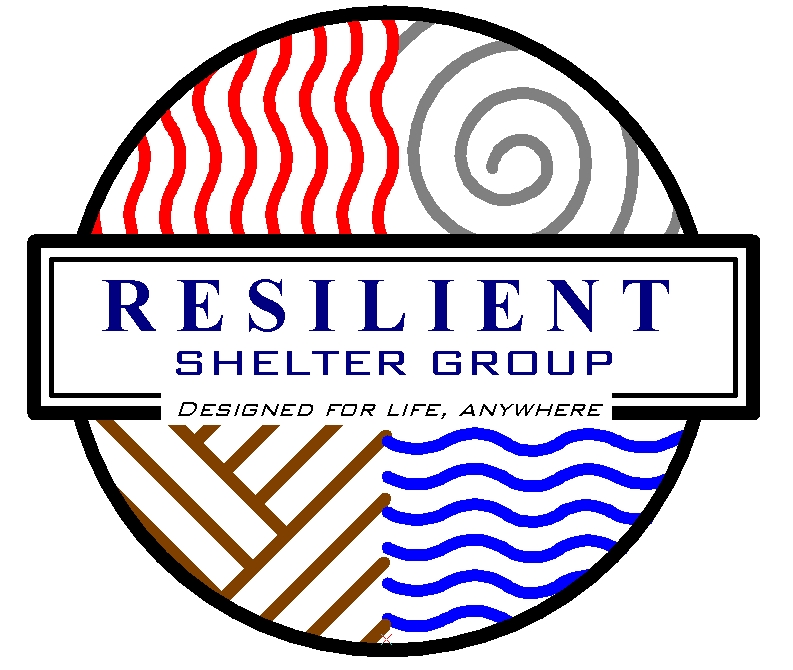Why go resilient?
First lets define “resilient”. Webster’s lists it as, “1 – able to withstand or recover quickly from difficult conditions.” The future is not known to us. We may be doing our absolute best to build a better world for ourselves and our posterity, and the optimist in us sees a bright future. There are times, however, when nature couldn’t care less about your optimism, when a religious madman responds to your love with hate, or perhaps a rogue state decides to crash our currency, our electrical infrastructure – and your whole world changes very rapidly.
Being able to safely and securely withstand nature’s fury is important to everyone. Whether you live in the tropics and face the potential of hurricanes six months a year, if you live in the Midwest and deal with the threat of tornadoes and floods, in the Mountains where being snowed in for days or weeks is not a remote possibility, or on the West Coast where anything from forest fires, mudslides, flash floods, and earthquakes are on your ‘natural disaster radar’ – we all want to be safe and secure, with adequate shelter that provides warmth, power, the ability to prepare food, and take care of hygienic needs – at a minimum! So ask yourself, “what would I rather go through a storm in?” A camper, with its sticks/staples/glue holding the aluminum or fiberglass shell together, with its main selling points being its slide-outs and light weight for pulling? Or a custom home built inside a Cor-Ten steel shipping container that was originally rated to hold almost 30 tons, where strength and weatherization were emphasized from the drawing board to the build out? You decide.
“Being able to withstand difficult conditions” can also apply to a single or newlywed couple just starting out. Forging a career, building a new business, or just getting used to married life can be challenging to say the least. Before having the time to starting acquiring “stuff”, before getting locked into a 30-year mortgage that limits financial freedom, before getting tied down to continual home improvement projects on that ‘pretty old house’ — making the decision to simplify your life and expand your options at this early stage can have life-long benefits.
We all understand what insurance is. We are trying to minimize our exposure to risk. We are required by law to have insurance when we drive, we are required by lenders to have insurance on homes that we have financed, and we are even required by the government to have health insurance. Why not have a little insurance on your resiliency, on your ability to withstand and recover from difficult situations?
Finally, in addition to considering resiliency in your plans for the future, think about what you’d like to leave behind for your posterity. Not just what you what to be remembered for, but what you want to physically leave behind to your heirs. Would you rather leave your heirs a camper, which will deteriorate and likely leak in 5-10 years of normal use – or something that was designed to have a 200+ year lifespan? Would you rather leave behind something that ties your heirs down and locks them in place, or something that gives them freedom and the opportunity to have well designed and well crafted shelter anywhere in the world?
Whether or not a Resilient Shelter Solution home is your plan A, plan B, perhaps both… our goal is to increase your passive survivability, your resiliency, and your freedom.



